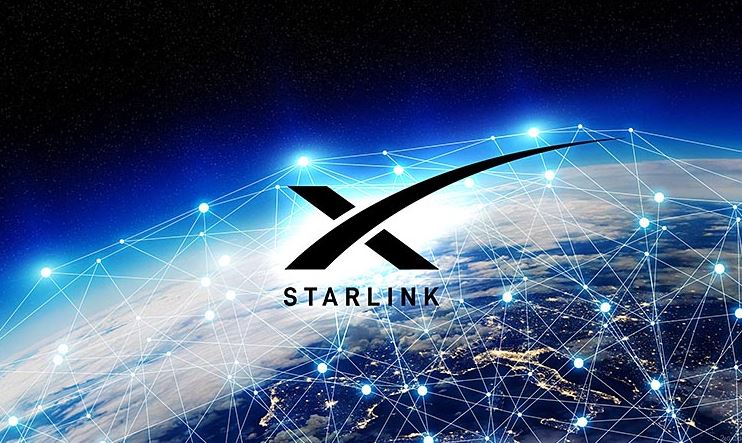This week saw a big win for SpaceX, with the US Federal Communications Commission (FCC) granting the company authorization to use its Starlink satellite internet system on vehicles in motion — including cars, trucks, boats, and aircraft.
Starlink is SpaceX’s network of Earth-orbiting satellites, providing high-speed internet to 36 countries and counting.


According to FCC International Bureau Chief Thomas Sullivan:
Authorizing a new class of terminals for SpaceX’s satellite system will expand the range of broadband capabilities to meet the growing user demands that now require connectivity while on the move, whether driving an RV across the country, moving a freighter from Europe to a US port, or while on a domestic or international flight.


It’s a gain for SpaceX’s Starlink system, but will make it a hell of a lot harder to blame poor internet connectivity for not replying to emails or missing deadlines. Damn.
A huge win for SpaceX
Starlink enables video calls, online gaming, streaming, and other high data rate activities with faster connectivity than traditional broadband satellites.
Up until now, Starlink access was limited to those with fixed locations hardware. But now, it is accessible on the move. This offers huge commercial opportunities for expansion into mobility markets like cars, trucks, and boats.
The company recently rolled out RV access for campers on the move. RV users can subscribe to Starlink to gain high-speed, low-latency internet at places with active coverage. It costs $129 a month with an initial outlay for the hardware of $657.
They also have signed deals with airlines JSX and Hawaiian Airlines offering in-flight internet access. This means you can tweet about bad airline service from the comfort of the plane, in real-time.
Starlink greatly helped Ukraine in recent times. Ukrzaliznytsia (Ukrainian Railways) plans to offer Starlink on all of its trains by the end of 2022.
However, for those worried about a Musk world monopoly, this could also be a reckoning for competitors in satellite broadband. They include Canada’s Telestat, and Amazon’s Project Kuiper. However, both are far more nascent in product development.
But it’s a win for fast, reliable internet. For a lot of people, that’s something they’re willing to sacrifice over any principles.


